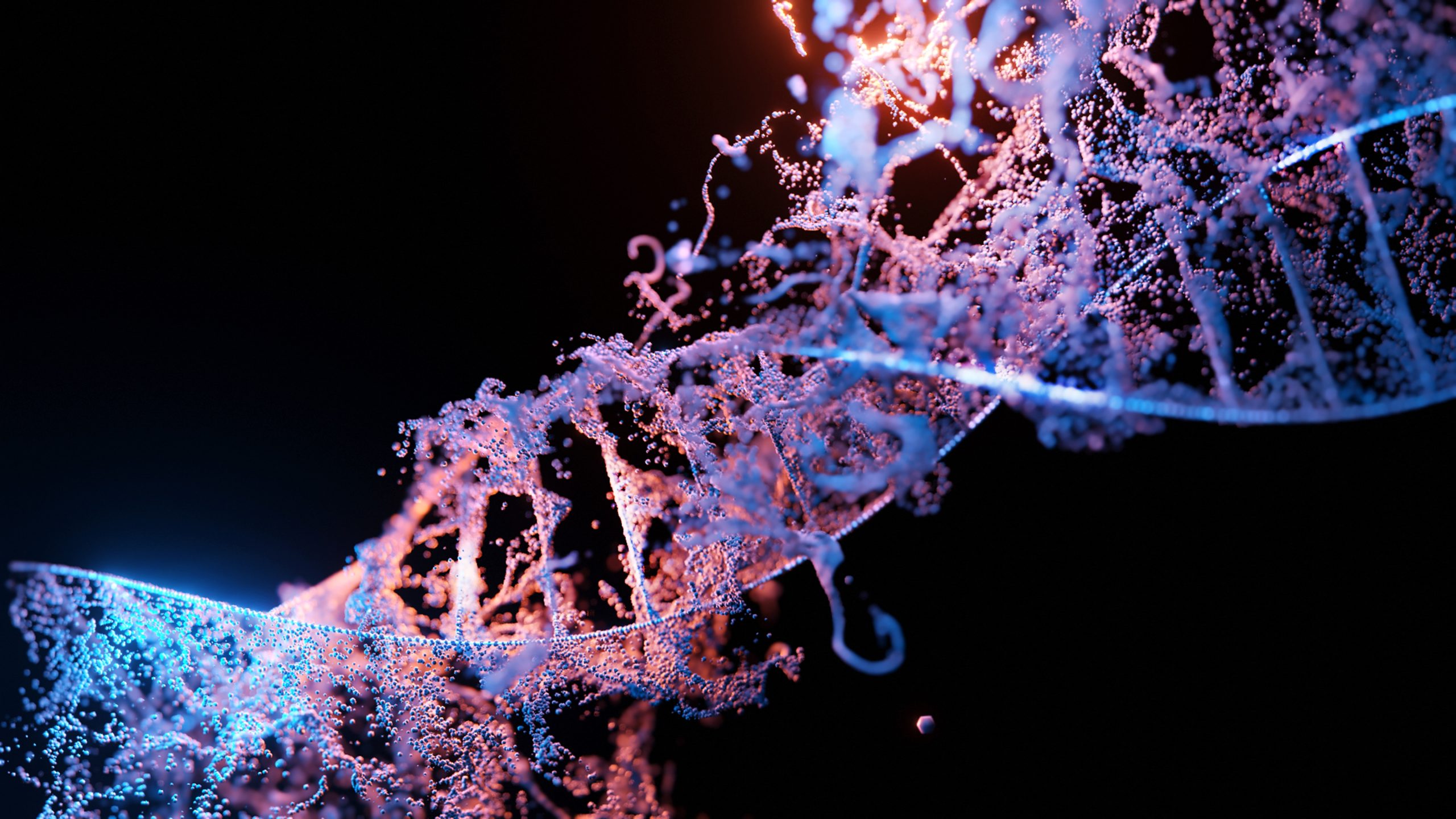In recent years, the field of gene editing has exploded with the development of new technologies such as CRISPR-Cas9, which allow scientists to edit DNA with unprecedented precision. While these tools have the potential to revolutionize medicine and improve the lives of millions, they also raise complex ethical questions.
On one hand, gene editing could be used to cure genetic diseases and prevent inherited disorders, such as cystic fibrosis, sickle cell anemia, and Huntington’s disease. In fact, scientists have already used CRISPR to cure a patient of sickle cell disease, and are exploring its potential to treat other genetic disorders. Gene editing could also help us to produce crops that are more resistant to pests and disease, and reduce our reliance on harmful pesticides.
However, there are also potential risks and ethical concerns associated with gene editing. For example, gene editing could be used to create so-called “designer babies,” where parents choose certain traits for their children, such as eye color or intelligence. This could lead to a new form of eugenics, where the rich and powerful have access to the technology, while others are left behind.
Another concern is the possibility of unintended consequences. While gene editing allows scientists to target specific genes, it is still a relatively new and imperfect technology. There is a risk of off-target effects, where unintended genes are edited, or unintended mutations occur. This could have unforeseen consequences for the health and well-being of the individuals affected, as well as for future generations.
Furthermore, there is the risk of exacerbating existing social inequalities. For example, if gene editing becomes widely available, it could further entrench existing inequalities, as those with more resources and access to the technology would be able to give their children advantages that others do not have.
Despite these concerns, many scientists and ethicists argue that the potential benefits of gene editing outweigh the risks. They argue that as long as gene editing is used responsibly and ethically, it could be a powerful tool for improving human health and well-being.
However, there are still many unanswered questions about the safety and effectiveness of gene editing, as well as its broader implications for society. As such, it is important that we approach this technology with caution, and that we continue to have open and honest discussions about its potential risks and benefits.
In conclusion, gene editing has the potential to transform medicine and agriculture, but it also raises complex ethical questions. As we move forward with this technology, it is important that we balance the potential benefits with the risks and ethical concerns, and ensure that gene editing is used in a responsible and equitable manner.




